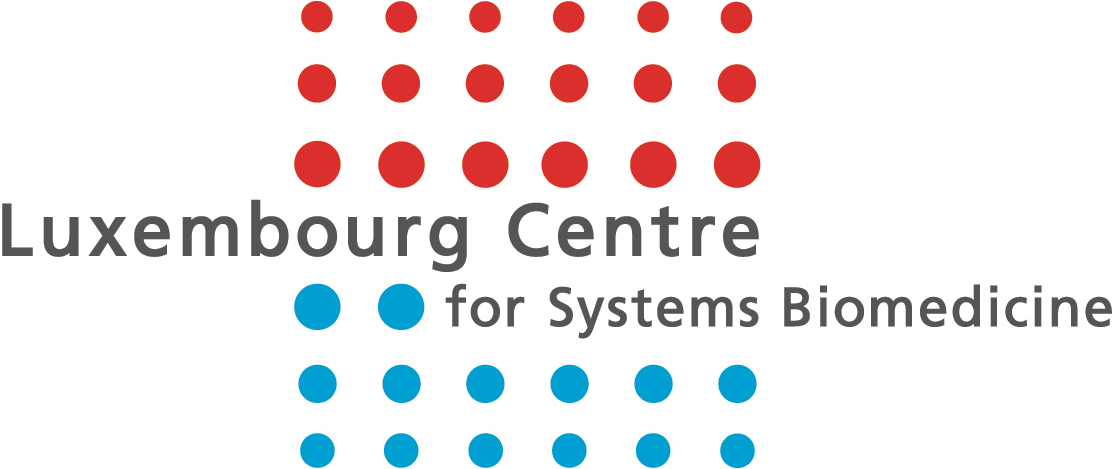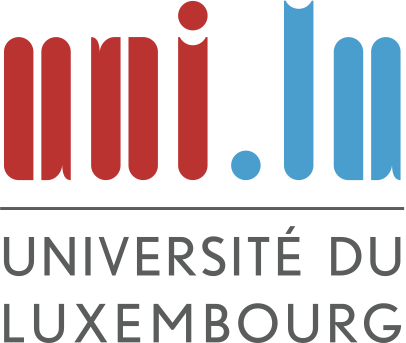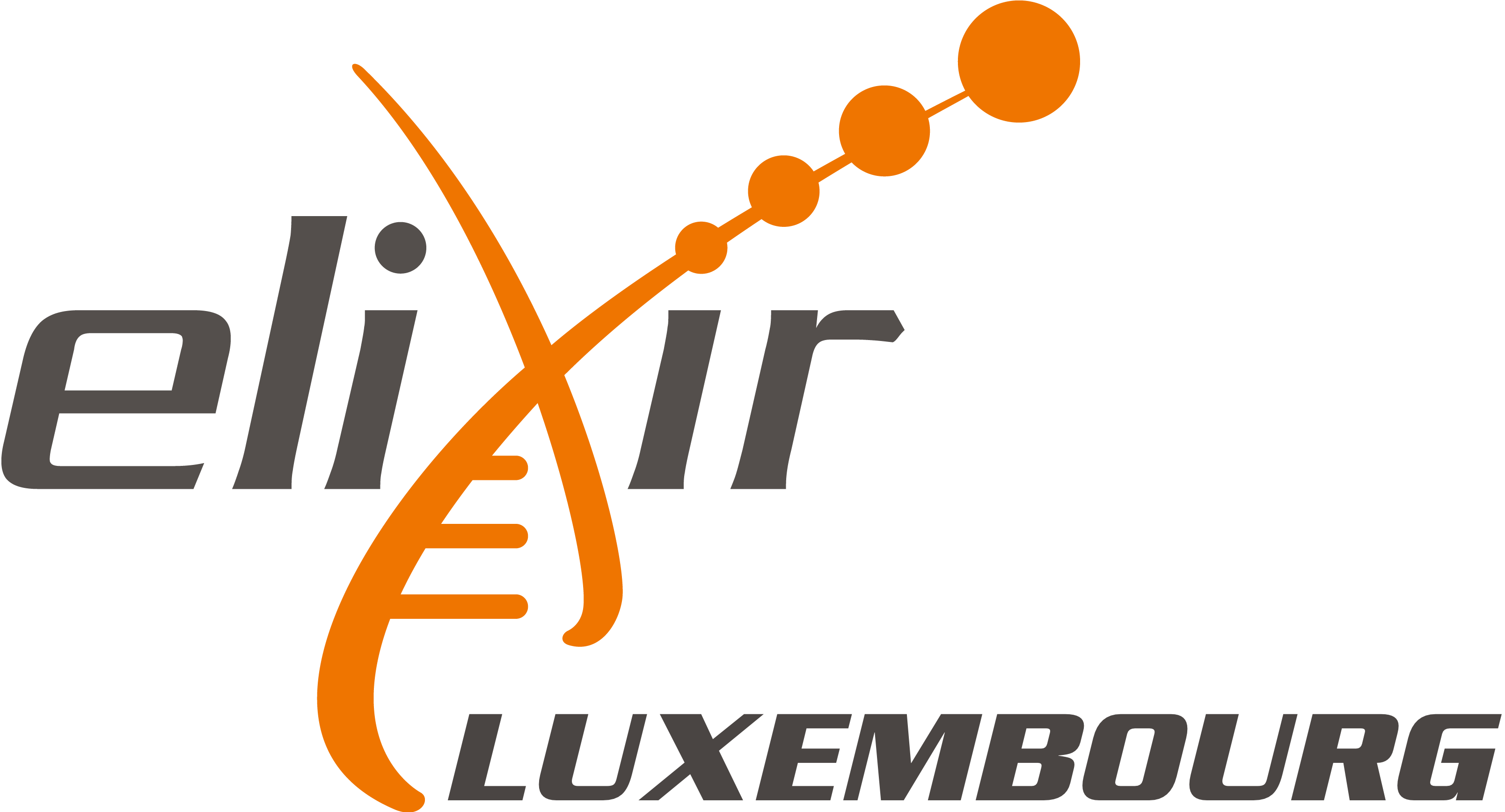Description
Knowledge-based translational medicine is a rapidly growing discipline in biomedical research and aims to expedite the discovery of new diagnostic tools and treatments by using a multi-disciplinary, highly collaborative, “bench-to-bedside” approach. Large amounts of multi-omics, imaging (medical and molecular) and clinical data can now be captured for given patient populations. In addition to the challenges of data curation and harmonisation, new computational methods are required to identify molecular signatures that suggest disease subtype. These signatures may be predictive of outcome or progression, and impact on disease management by suggesting personalised therapeutic strategies for patients. Such approaches will further the development of a new taxonomy of disease.
In the TransMed COSI meeting, we will explore the current status of computational biology approaches within the field of translational medicine.
Link to the ISMB 2018 website is: here
Please note:
-
Proceedings Submission Deadline: Monday, January 29, 2018. Detail information.
-
Non-Proceedings Submission Deadline: Thursday, April 5, 2018. Detail information.
-
The TransMed COSI meeting will take place on July 8th, 2018, during the ISMB 2018, Chicago, United States.
Topics of interest
Topics of interest include, but are not limited to:
* Clinical and molecular data storage and integration infrastructure, including: data warehousing for translational medicine, multi-‘omics and clinical data integration, data visualization in translational medicine
* Curation and harmonization of clinical, ‘omics and imaging data, including: standards and ontologies in translational medicine, biomedical text mining and semantic representation
* Data analytics for patient stratification, biomarker and target discovery, including: disease subtype discovery, Electronic Health Records integration, translational imaging, multi-scale modelling, high performance and cloud computing in translational medicine, mathematical modelling for disease processes, pathways and networks
* Computational approaches for target selection and drug discovery, including: druggability assessment and target selection, polypharmacology, drug reuse, chemical library design, virtual screening technologies, drug discovery enabler pipelines and databases, chemical tool analysis
* ADME/PK and Tox models, including: databases and modeling approaches for ADME and PK, machine learning approaches to predicting toxicity, modeling of pharmacokinetics to man and model organism utility models
* Translational Medicine Informatics Applications/Case Studies, including: Next generation sequencing annotation and biomedicine applications, clinical data integration and application
Keynote speakers
Steven Brenner, University of California, Berkeley
Maria Secrier, University College London
Jessica Dale Tenenbaum, Duke University
Agenda
| Start time | End time | Type | Topic | Speaker |
|---|---|---|---|---|
| 10:15 | 12:40 | Chair | Reinhard Schneider | |
| 10:15 | 10:20 | Introduction | Venkata Satagopam | |
| 10:20 | 10:30 | Opening talk on behalf of the organizing committee | Reinhard Schneider | |
| 10:30 | 11:10 | Keynote | Interpreting newborn genomes | Steven E. Brenner |
| 11:10 | 11:20 | Talk | A systematic computational approach in translational medicine to integrate transcriptional profiles to clinical and structural changes for outcome prediction in Diabetic Kidney Disease | Viji Nair |
| 11:20 | 11:40 | Proceedings | Association Mapping in Biomedical Time Series via Statistically Significant Shapelet Mining | Christian Bock |
| 11:40 | 12:00 | Proceedings | LONGO: An R Package for Interactive Gene Length Dependent Analysis for Neuronal Identity | Alexander J. Paul |
| 12:00 | 12:20 | Proceedings | Driver gene mutations based clustering of tumors: methods and applications | Wensheng Zhang |
| 2:20 | 12:40 | Proceedings | Learning with multiple pairwise kernels for drug bioactivity prediction | Anna Cichonska |
| 12:40 | 14:00 | Lunch + Posters | All | |
| 14:00 | 16:00 | Chair | Venkata Satagopam | |
| 14:00 | 14:40 | Keynote | Tracing genomic histories and environmental influences in cancerdevelopment | Maria Secrier |
| 14:40 | 15:00 | Proceedings | GSEA-InContext: Identifying novel and common patterns in expression experiments | Rani Powers |
| 15:00 | 15:20 | Proceedings | AnoniMME: Bringing Anonymity to the Matchmaker Exchange Platform for Rare Disease Gene Discovery | Bristena Oprisanu |
| 15:20 | 15:30 | Talk | Activity landscapes of cancer cell lines predict drug response | Chen Meng |
| 15:30 | 15:40 | Talk | A generalizable and interpretable deep learning model for predicting microsatellite instability from routine histopathology images | Aly Khan |
| 15:40 | 15:50 | Talk | PROMIS-Med: Precise and Reproducible OMICS-Data Management and Integrative System for Precision Medicine | Zeeshan Ahmed |
| 15:50 | 16:00 | Talk | Integrative Genomics Analysis Identifies Distinct Prognostic Subgroups In Pediatric Cancers | Lei Huang |
| 16:40 | 18:00 | Chair | Maria Secrier | |
| 16:40 | 16:50 | Talk | Building and Using a Gen3 Data Commons for Translational Medicine | Francisco Ortuno |
| 16:50 | 17:00 | Talk | Identifying Crohn’s disease signal from variome analysis | Yanran Wang |
| 17:00 | 17:10 | Talk | Secure genome crowdsourcing for million-individual association studies | Hyunghoon Cho |
| 17:10 | 17:50 | Keynote | Clinical and translational informatics: An overview | Jessie Tenenbaum |
| 17:50 | 18:00 | Concluding Remarks | Venkata Satagopam |
Abstract submission
Authors are invited to submit abstracts (1 page) for presentations and posters by Thursday, April 5, 2018. Acceptance notification will be sent out by Thursday, April 26, 2018.
For Proceedings submission the deadline is Monday, January 29, 2018
Please use the EasyChair submission system: TBD .
Key dates
- Detail information can be found: here.
Venue
The TransMed COSI meeting will take place on July 8th, 2018, during the ISMB 2018, Chicago, United States.
Sponsorship
We would like to thank our sponsors:
- Luxembourg Centre For Systems Biomedicine (LCSB)
- University of Luxembourg
- ITTM S.A.
- ELIXIR-Luxembourg
for their kind support:
Registration
Please follow the registration page on the ISMB website: TransMed COSI Registration.
Organizing committee
Venkata Satagopam, Luxembourg Centre For Systems Biomedicine (LCSB), University of Luxembourg, Luxembourg
Bissan Al-Lazikani, The Institute of Cancer Research, London, UK
Reinhard Schneider, Luxembourg Centre For Systems Biomedicine (LCSB), University of Luxembourg, Luxembourg
Mansoor Saqi, Imperial College London, UK
Wei Gu, Luxembourg Centre For Systems Biomedicine (LCSB), University of Luxembourg, Luxembourg
Irina Balaur, European Institute for Systems Biology and Medicine, Lyon, France
Antonio Rausell, Imagine Institute, Paris, France
Programme committee (alphabetical order)
Francisco Azuaje, Luxembourg Institute of Health (LIH)
Irina Balaur, European Institute for Systems Biology and Medicine
Peter Banda, Luxembourg Centre for Systems Biomedicine
Adriano Barbosa-Silva, Luxembourg Centre for Systems Biomedicine
Nyasha Chambwe, Institute for Systems Biology
Holger Fröhlich, UCB Biosciences GmbH
Olivier Gevaert, Stanford University
Casey Greene, University of Pennsylvania
Carl Herrmann, University Heidelberg & DKFZ Heidelberg
Jouhyun Jeon, Ontario Institute for Cancer Research
Roland Krause, Luxembourg Centre for Systems Biomedicine
Seunghak Lee, Human Longevity, Inc
Yu-Chen Lo, Stanford University
Gang Luo, University of Washington
Gino Marchetti, CNRS / IN2P3
Patrick May, Luxembourg Centre for Systems Biomedicine
Renee Menezes, VU Medisch Centrum
Sabine Peres, LRI Université Paris-Sud
Juliane Perner, Cancer Research UK Cambridge Institute
Thang Pham, VU Medisch Centrum
Antonio Rausell, Imagine Institute
Anguraj Sadanandam, The Institute of Cancer Research
Mansoor Saqi, Imperial College London
Michael Schroeder, TU Dresden
Maria Secrier, University College London
Jaclyn Taroni, University of Pennsylvania
Fabio Vandin, University of Padova
Joachim Weischenfeldt, BRIC, University of Copenhagen
Qing Zhao, Merck Inc
Contact us
If you have any questions, please do not hesitate to contact us: transmed-coord@googlegroups.com.
Follow us
Google Groups: TransMed2018 Google Group
Twitter: #TransMed2018
Linkedin: Translational Medicine Informatics & Applications Group
Acknowledgement
The current TransMed logo was designed by Belinda Hanson.
The previous TransMed logo was designed by Alexandre Pellet, www.alexandrepellet.com.
For more information on the TransMed 2021 meeting please go here.



